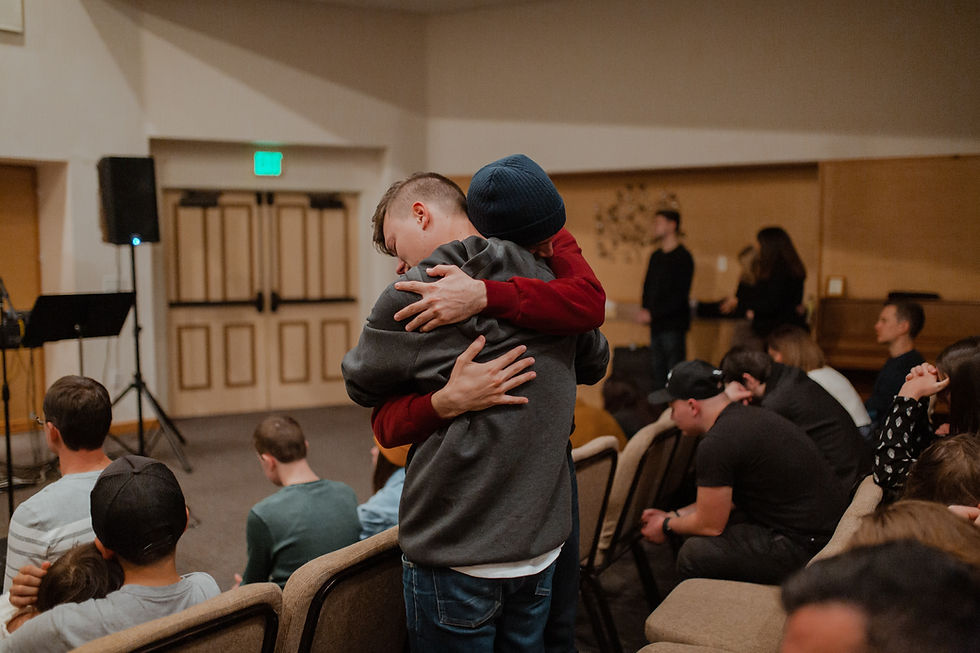

The Wisdom of Jesus is a stumbling block
Still in the season of Epiphany - the season of seeing and feeling how the coming of the light is both a beacon of hope and a disturber of those who do not want change or righteousness or mercy to come - still the readings come that speak into our conflicted experience at this time. (Fourth Sunday after Epiphany. Matthew 5:1-12; Micah 6:1-8; Psalm 15; and 1 Corinthians 1:18-31.) Sentence: “For the message about the cross is foolishness to those who are perishing, but to us wh

Reverend Sue
5 days ago7 min read


Called to the Light
Many of us have heard, or even preached, a stirring message on being called to discipleship based on these texts (Third Sunday after Epiphany. Matthew 4:12-23; Isaiah 9:1-4; Psalm 27; and 1 Corinthians 1:10-18.). Mostly suggesting that it is personal darkness and sin that we are called out of. And yes, many persons have found the light in response to being called and answering that call. And many more individuals are still in need of the light and repentance and redemption. B

Reverend Sue
Jan 216 min read


Called to be Partners with Christ
At this precarious moment in history it is comforting and challenging to be reminded that we are called into partnership with Christ. (Second Sunday after Epiphany. John 1:29-42; Isaiah 49:1-7; Psalm 40:1-11; and 1 Corinthians 1:1-9.) So often we hear the story of being called as about beginnings, the moment we first hear our name called. Which for many of us was an exciting moment – and may generations to come also feel the excitement and respond – but now we find ourselves

Reverend Sue
Jan 144 min read


